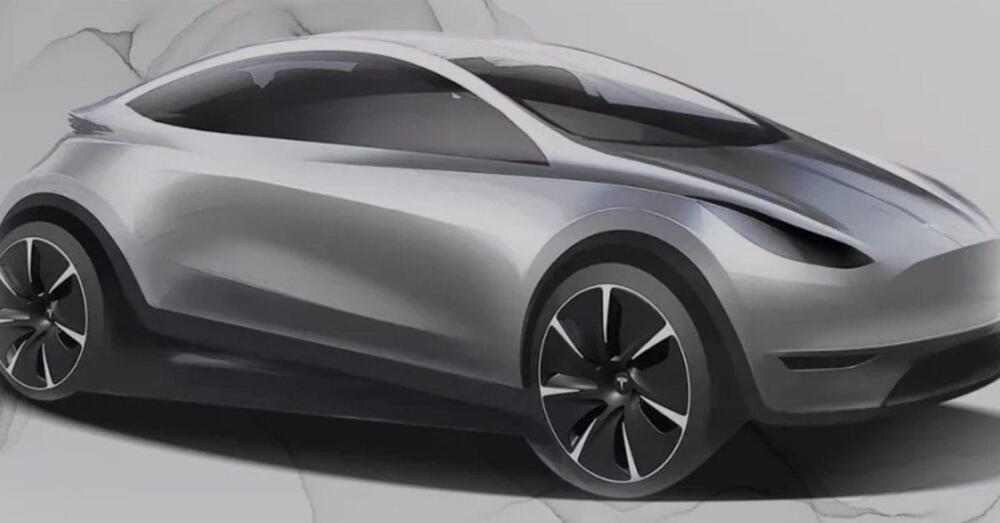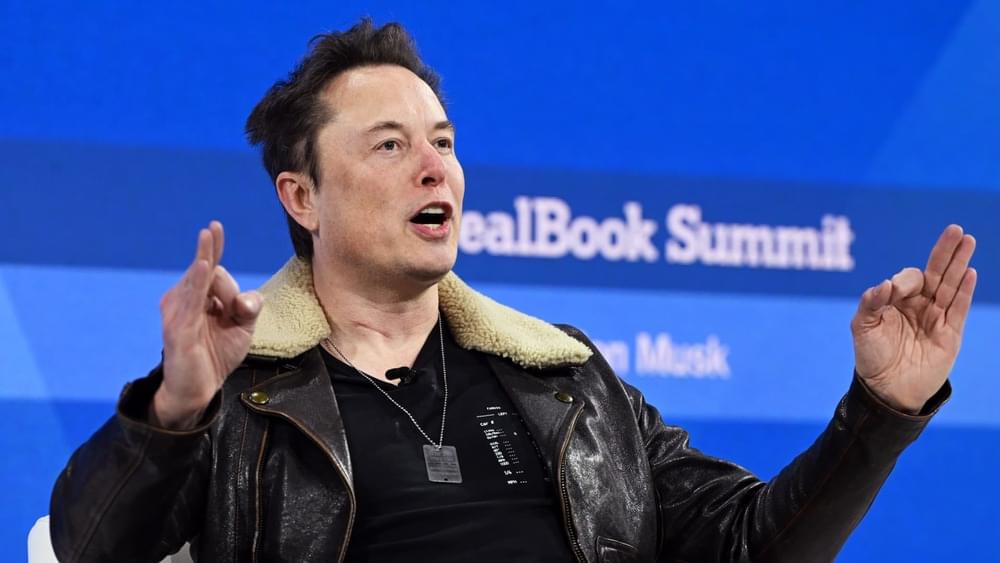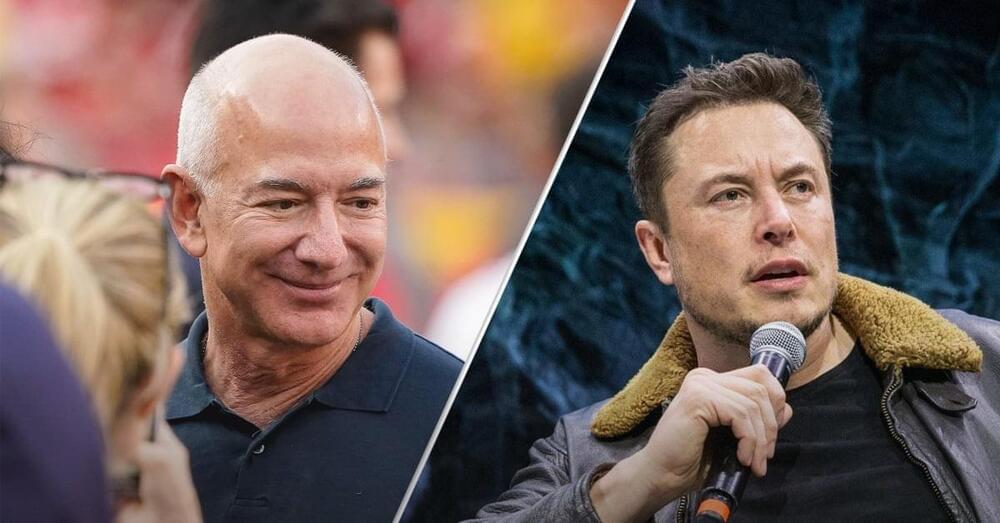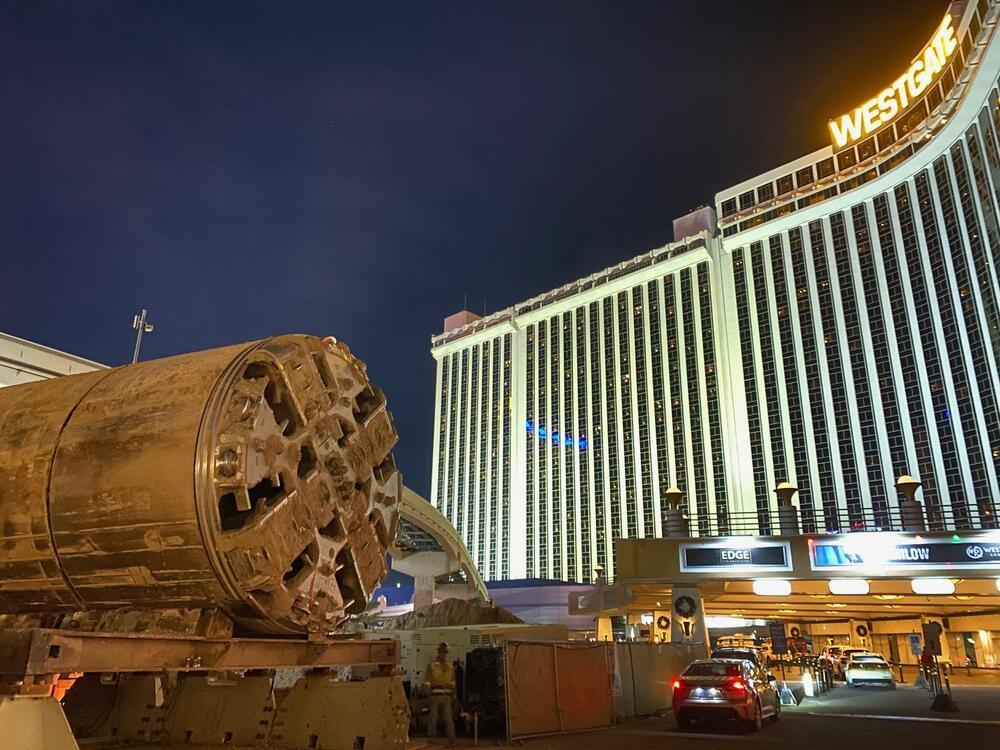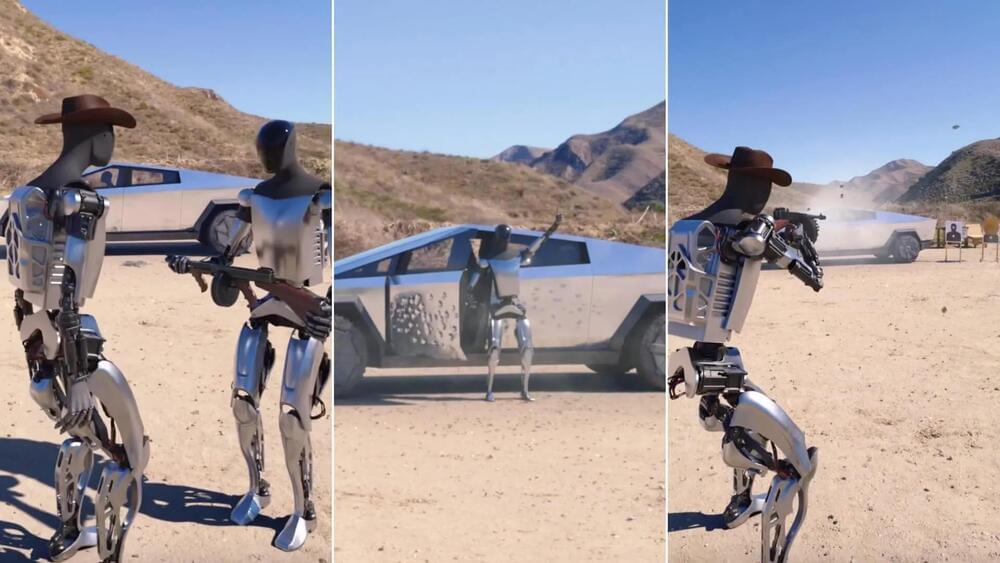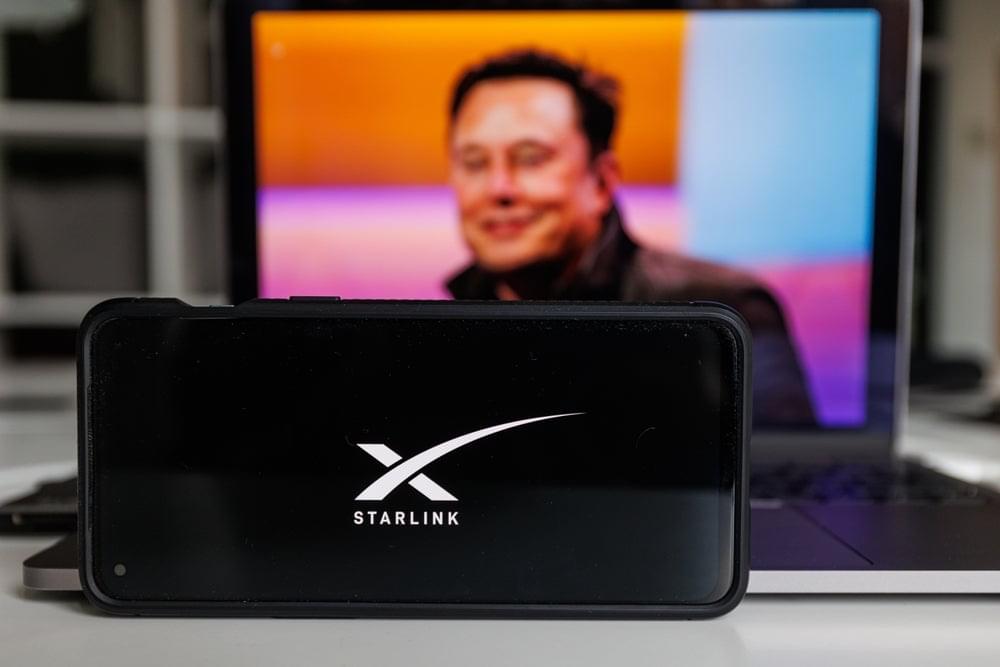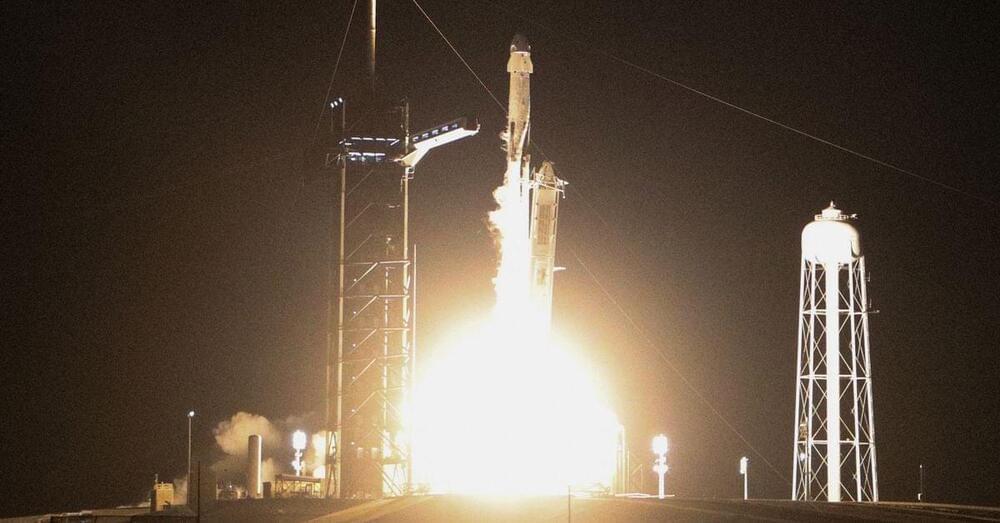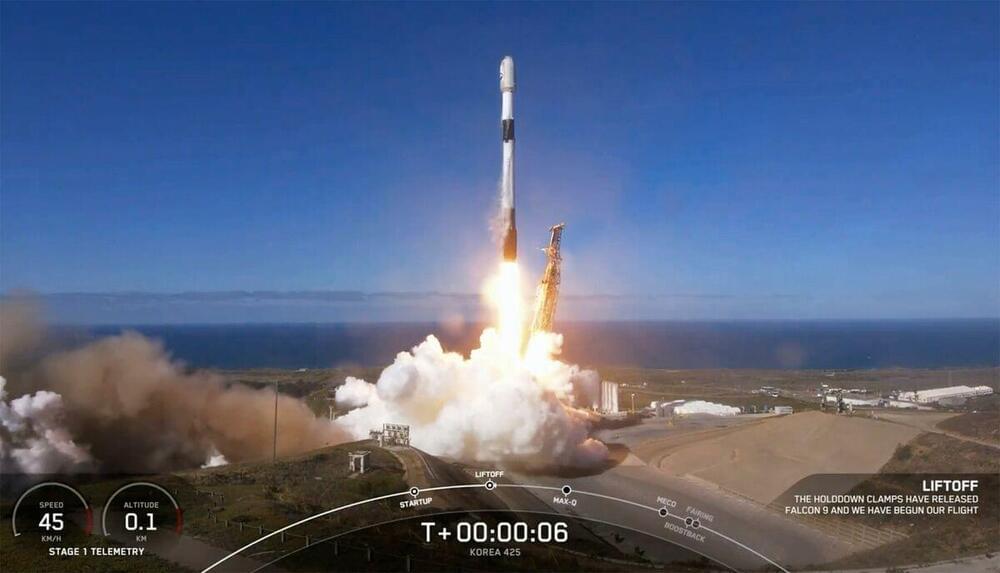Elon Musk commented on the upcoming low-cost Tesla electric car, saying that it is “advanced” in its development. The CEO also commented on the “revolutionary” manufacturing advancements that Tesla is making to make the vehicle a reality.
While the cost of Tesla vehicles has come down recently, they are still not financially accessible to most people – like most new cars.
The launch of the Cybertruck, which is about 50% more expensive than when originally announced in 2019, is not helping Tesla’s vehicle price range in becoming more affordable.
